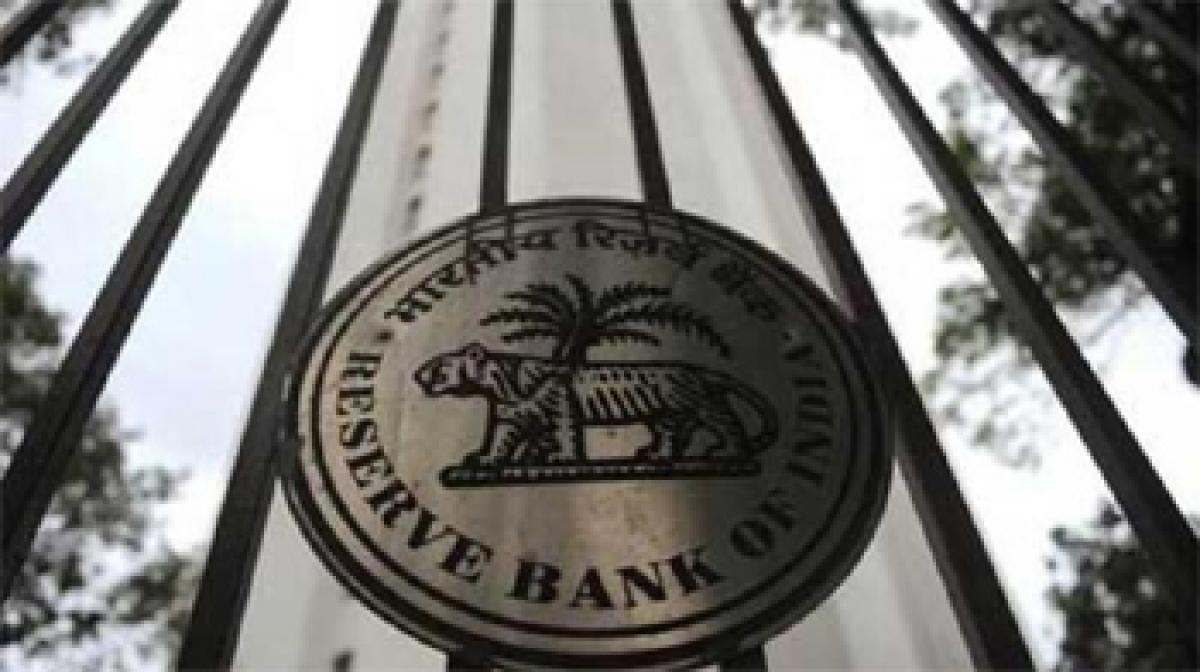Live
- Chaos at Pushpa 2: The Rule Trailer Launch in Patna as Fans Climb Barricades, Police Use Lathi Charge
- Japan sees nationwide temperature drop
- Electronics, engineering, agricultural goods propel India's export growth: CRISIL
- How Dhanush’s Role in Nayanthara’s Love Story Led to Legal Battle Over Film Clips
- Alice Capsey called up to England women’s T20I squad for South Africa tour
- Need Central govt action on pollution not politics, says CM Atishi as Delhi gasps
- US reports new E. coli outbreak linked to organic carrots
- Suriya’s Kanguva Surpasses Rs 140 Crore at Box Office in 4 Days
- Parkinson’s disease to surge to 3.15 million worldwide by 2033: Report
- Driving Innovation in Semiconductor Manufacturing: A Veteran's Role in New Product Management and Global Supply Chain Coordination









